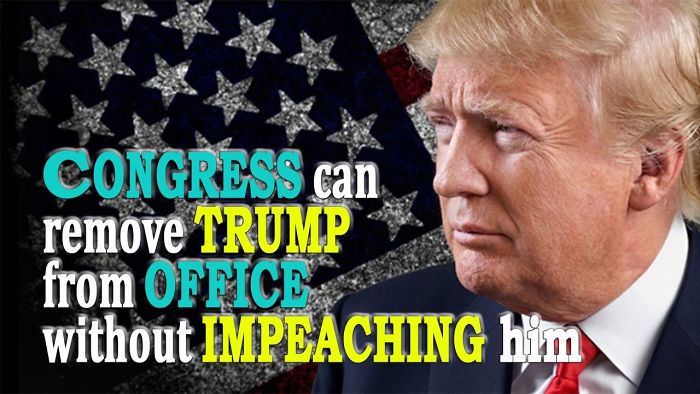Presidential psychology is quickly becoming a bipartisan issue. Recently, Senator Al Franken said that he and several of his GOP colleagues shared the opinion that President Donald Trump is “not right mentally.” Shortly thereafter, 35 mental health professionals — psychiatrists, psychologists and social workers — took to the pages of the New York Times to register their own concerns that the President was demonstrating “grave emotional instability.”
These controversial armchair diagnoses are powerless on their own. But what if there was something that Senator Franken and his concerned colleagues could actually do? Constitutionally speaking, there might be.
Much has been written in recent weeks about a provision in Section 4 of the 25th Amendment that allows the Vice President and a majority of the Cabinet to send a letter to Congress stating that the President is “unable to discharge the powers and duties of his office.” This letter would immediately initiate a transfer of power to the Vice President, subject to additional Congressional review.
While theoretically possible, it is highly unlikely that the Vice President and the Cabinet would unite to remove the President absent a clear incapacitation along the lines President Woodrow Wilson experienced after a stroke. Even if there was a bipartisan consensus that he was unfit to serve, the President would have broad authority to remove his Cabinet before it could take any action.
But there is another provision in the Amendment that has received much less popular attention — one that could allow Congress to play a role in removing the President. And no, it isn’t impeachment. Instead, a little-known provision in Section 4 empowers Congress to form its own body to evaluate the President’s fitness for office, eliminating the need for the Cabinet’s involvement in the process (emphasis ours):
Whenever the Vice President and a majority of either the principal officers of the executive departments or of such other body as Congress may by law provide, transmit to the President pro tempore of the Senate and the Speaker of the House of Representatives their written declaration that the President is unable to discharge the powers and duties of his office, the Vice President shall immediately assume the powers and duties of the office as Acting President.
But what constitutional constraints are put on this power? Remarkably, there aren’t any. The framers of the 25th Amendment left the provision purposely vague, allowing Congress flexibility to decide on its specifics at a later date. It should come as no surprise to those who bemoan Congress’s frequent inactivity to find out that in the 50 years since the Amendment passed, it has never made such a decision.
More info: youtube.com
Congress Can Remove Donald Trump From Office Without Impeaching Him
134views
Share on FacebookAl Franken said? The failed comedian. That's the funniest thing on Bored Panda today.
Al Franken said? The failed comedian. That's the funniest thing on Bored Panda today.




0
1